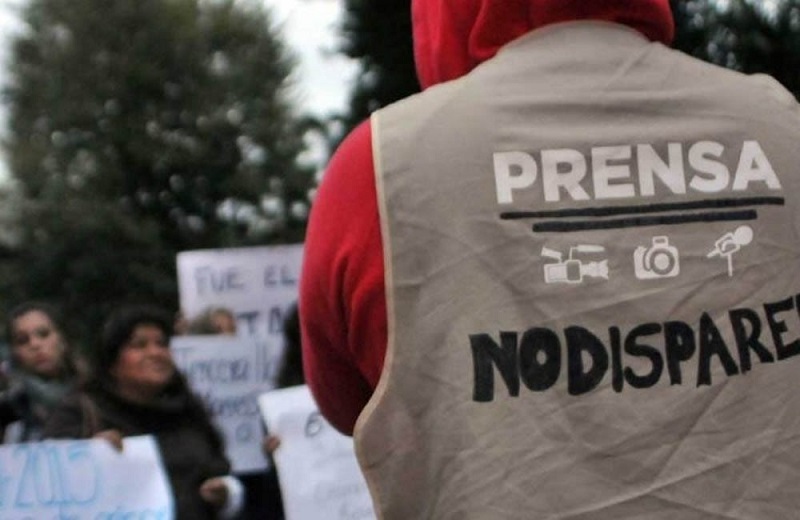The Constitutional Court warned that journalists cannot be declared civilly responsible for publishing and giving an opinion on a complaint of corruption by a public official.
The pronouncement arose within the framework of the analysis of the judicial case of the journalist Vicky Dávila, who had been civilly sentenced to pay $100 million in compensation to the then Casanare Police Commander, Colonel Jorge Hilario Estupiñán, questioned for corruption in 2014 in a contracting process for the acquisition of accommodation and campaign equipment.
The Constitutional Court concluded that the journalist should not pay any penalty when studying the guardianship that she filed with the communication outlet Radio Cadena Nacional (RCN) against the ruling handed down by the Superior Court of Bogotá that declared them civilly responsible for the publication of a news on the radio station La FM.
The concept with a presentation by magistrate Jorge Enrique Ibáñez Najar specified that in the exercise of freedom of information, the same standard cannot be demanded of an investigation carried out by a journalist and that carried out within the framework of a disciplinary or criminal process.
“Because at that time the administrative and judicial procedures regarding the complaint had not yet been carried out, the sources that were available did not allow journalists to have more contextual information under a reasonable standard. Under this scenario, it was the colonel who had the burden of giving the corresponding explanation,” the sentence indicated.
He explained that the fact that the colonel had emerged unscathed from the judicial charges are not reasons to reduce the legitimacy of the journalist to broadcast the news.
“As specified by the Foundation for the Freedom of the Press, the approach that journalists make to the truth cannot be confused with the judicial truth, to the extent that the complaint about alleged criminal acts cannot be based on the certainty about what happened,” the court pointed out.
